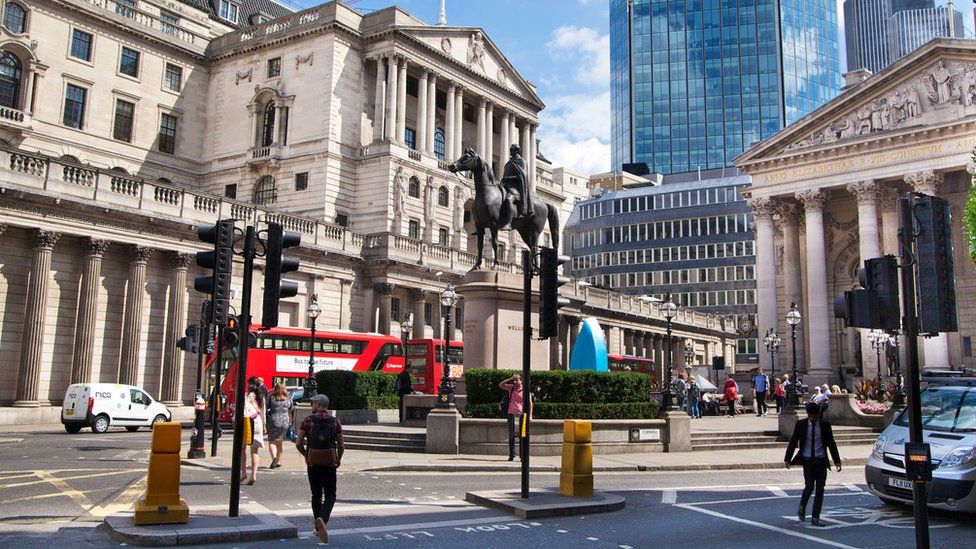Despite "substantial spending" to assist households with energy bills and one-time payments to the EU, the UK government unexpectedly posted a financial surplus in January.
During the month, the government had a surplus of £5.4bn because it spent less than it took in in taxes.
Although record-high self-assessed income tax receipts helped the UK's finances, economists had predicted borrowing of £7.8 billion.
The government will present its budget next month, and the figures coincide with that.
They demonstrate that, as of this financial year, public borrowing has been £30 point 6 billion less than anticipated by the Office for Budget Responsibility (OBR), the government's official forecaster.
With debt at its highest level since the 1960s, Chancellor Jeremy Hunt said: "It is crucial that we stick to our plan to reduce debt over the medium term. We are rightfully spending billions now to support households and businesses with the impacts of rising prices.
"Reducing the amount spent on debt interest is essential to preserving our public services, but doing so will require making some difficult decisions.
. "







